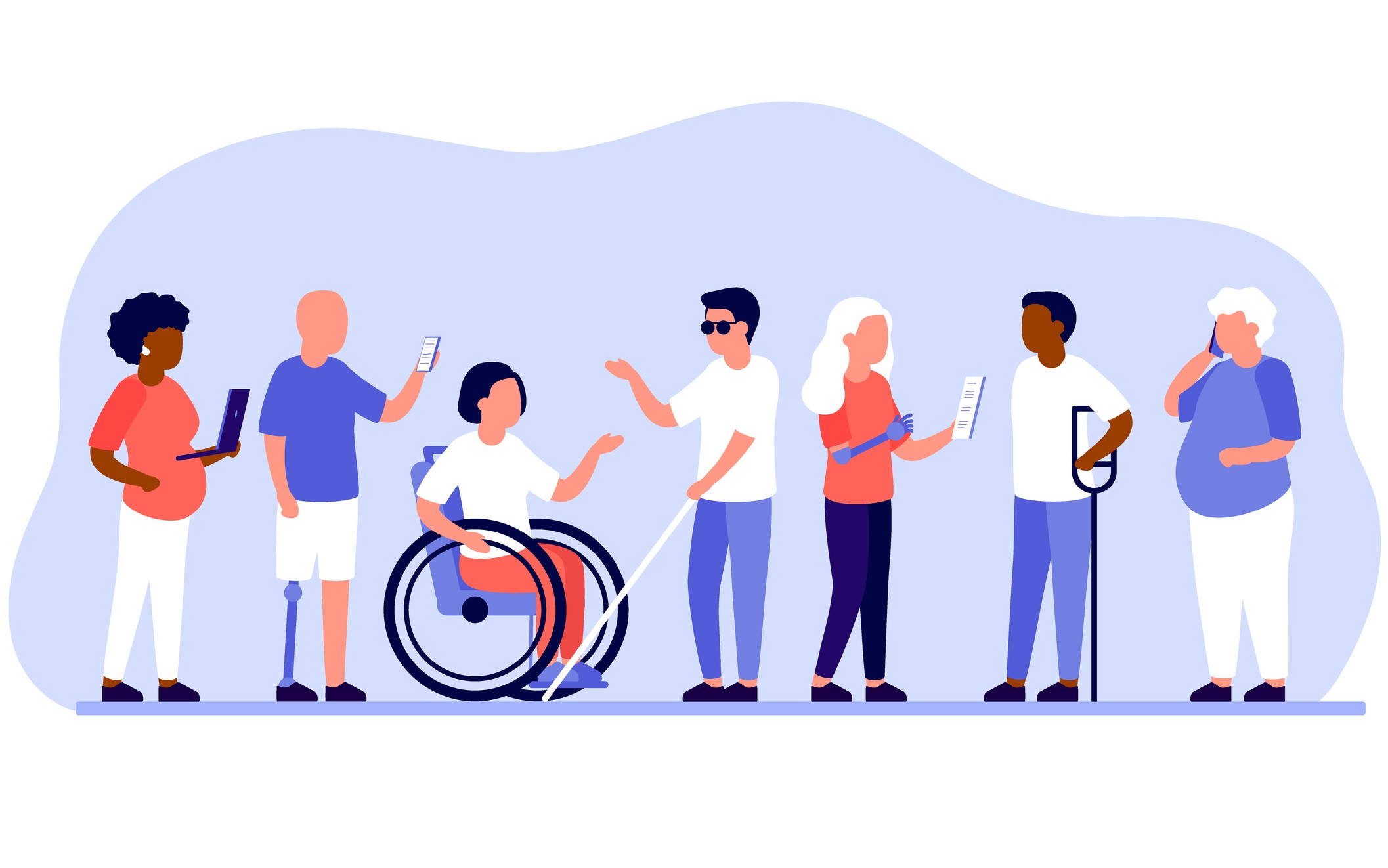Every year, over 53 million people visit a food bank to help feed themselves and their families. Food Banks are incredible community assets, and if you, a friend, or family member have ever had a need of one, you know this.
National Food Bank Day, observed on the first Friday of September, is right around the corner. This day is dedicated to raising awareness about food insecurity and the importance of food banks in supporting individuals and families in need.
We know that many workplaces and offices, like yours, may be looking to organize a food drive. And if you’ve never put one together, we’re here to help.
The first step is to find a food bank near you. If you have a connection already, great! If not, head over to FeedingAmerica.org and use their search tool to locate one near you. You can also pull data on hunger from this website to help your employees understand why a donation (of any kind) is so helpful!
What kind of donations should you fill your cart with?
Most of us probably head toward the canned veggie section when we are looking for potential donations. But here are more things you can consider donating:
- Canned meats (chicken, ham), canned fish (tuna, salmon), applesauce, olives, small bags of beans, lentils, and rice; cooking oils, common herbs and spices, canned fruits; canned or bagged soups and chilis, dried boxed meals (like kits or instant mashed potatoes), boxed snacks like crackers and cereal, nuts, pasta, nut butters, oatmeal, and powdered milk
When you think about it – there are so many tasty things to donate outside of canned green beans and corn.
What should you avoid donating to a Food Bank
There are a couple of common-sense items to avoid like dented cans, opened packages, and expired foods. But there’s a lesser known “no-no” category, and that is: “Things I like that most people don’t.”
There is nothing wrong with sardines, canned artichoke hearts, and acorn squash – it’s just that most people don’t know what to do with these foods. Try to pick things that you know most people like, or that doesn’t require a deep knowledge of food preparation.
Why? Well, about 28% of Americans don’t know how to cook at all, and when asked what they know how to cook without a recipe, 49% of people responded: scrambled eggs. So, keep that in mind when you are choosing your donations.
As for other things to avoid, most food banks prefer to avoid high sugar items like candies and soda.
But when in doubt, just ask! After you’ve chosen the local food bank you want to work with, just ask them what they need most. They’ll be able to provide you with a list of donations they accept and can also let you know what they are really in need of now.
Share these “do’s and don’ts” with your office or workplace, as well as the list of desired items from your local food bank, and you are well on your way to holding a successful food drive.
Food security at your own place of work
Not everyone in your office will be able to participate in your drive for various reasons- which is why you never want to make a donation mandatory. One reason someone may choose not to participate is personal food insecurity. About 25% of American adults are food insecure (around 34 million people)- which may lead them to skip meals or cut back on eating altogether.
One way to combat food insecurity in your own workplace is to offer a daily at-work meal stipend through Edenred’s Ticket Restaurant program. After setting a daily, weekly, or monthly spending limit, your employees can use their meal funds to visit local eateries and grocery stores, or order through a food delivery app like DoorDash or GrubHub. They can use their prepaid card to pay.
If you want to expand your company’s benefits to include Ticket Restaurant, we can help! Schedule a meeting with us today to learn more.







